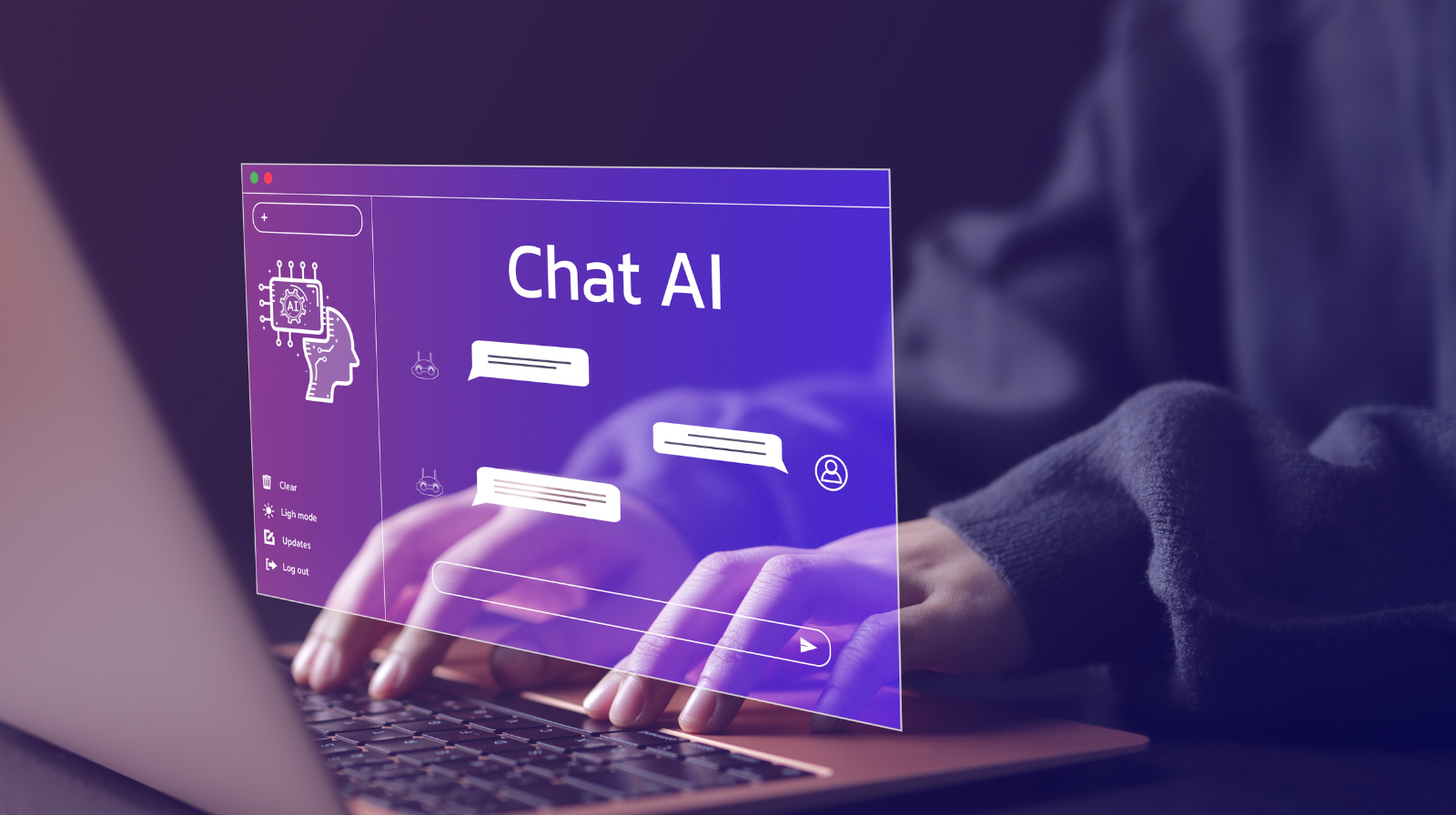In recent times, there’s been a noticeable trend—both locally and from international influencers—pushing the idea that Africa, and Global in particular, must dive headfirst into artificial intelligence (AI) to stay competitive in a digital world. While AI undeniably holds transformative potential, the current reality in Global tells a different story: the foundational building blocks of digital transformation have yet to be fully established.
Many of the narratives coming from overseas present AI as a cure-all solution, suggesting that mastering this advanced technology will automatically catapult businesses and institutions into a new era of innovation. However, as observed on local media such as BTV, there is growing concern that this focus on AI overshadows critical gaps in our digital ecosystem. In Global, basic digital literacy, robust IT infrastructure, and accessible online services remain pressing challenges that demand immediate attention.
The excitement around AI can inadvertently mislead stakeholders into prioritizing complex, high-tech solutions before ensuring that the fundamentals are in place. For instance, while cutting-edge technologies require substantial investments and expertise, many businesses and public institutions in Global still struggle with basic issues such as reliable internet connectivity, cybersecurity, and digital skills training. These are the essential building blocks that can drive sustainable growth and empower communities—without them, even the most sophisticated AI applications may fall short of delivering meaningful impact.
Furthermore, the narrative pushed by some expatriates and tech evangelists often fails to account for local realities. Global’s digital transformation journey should be tailored to its unique socio-economic context rather than conforming to a one-size-fits-all model imported from elsewhere. Instead of an immediate pivot to AI, there should be a strategic focus on education, infrastructure, and policy reforms that support digital inclusivity and foundational technology adoption. This approach not only makes advanced technologies more accessible in the long run but also builds a resilient ecosystem that can adapt to future innovations.
In conclusion, while AI represents an exciting frontier in the digital revolution,Global must first ensure that its core digital infrastructure and capabilities are solidly in place. By prioritizing the fundamentals of digital transformation, we lay the groundwork for a future where advanced technologies like AI can truly flourish and benefit all sectors of society. As we navigate this complex landscape, it’s crucial for local leaders, educators, and investors to focus on sustainable, context-specific strategies that address immediate needs—ensuring that Global builds a digital future that is both innovative and inclusive.




